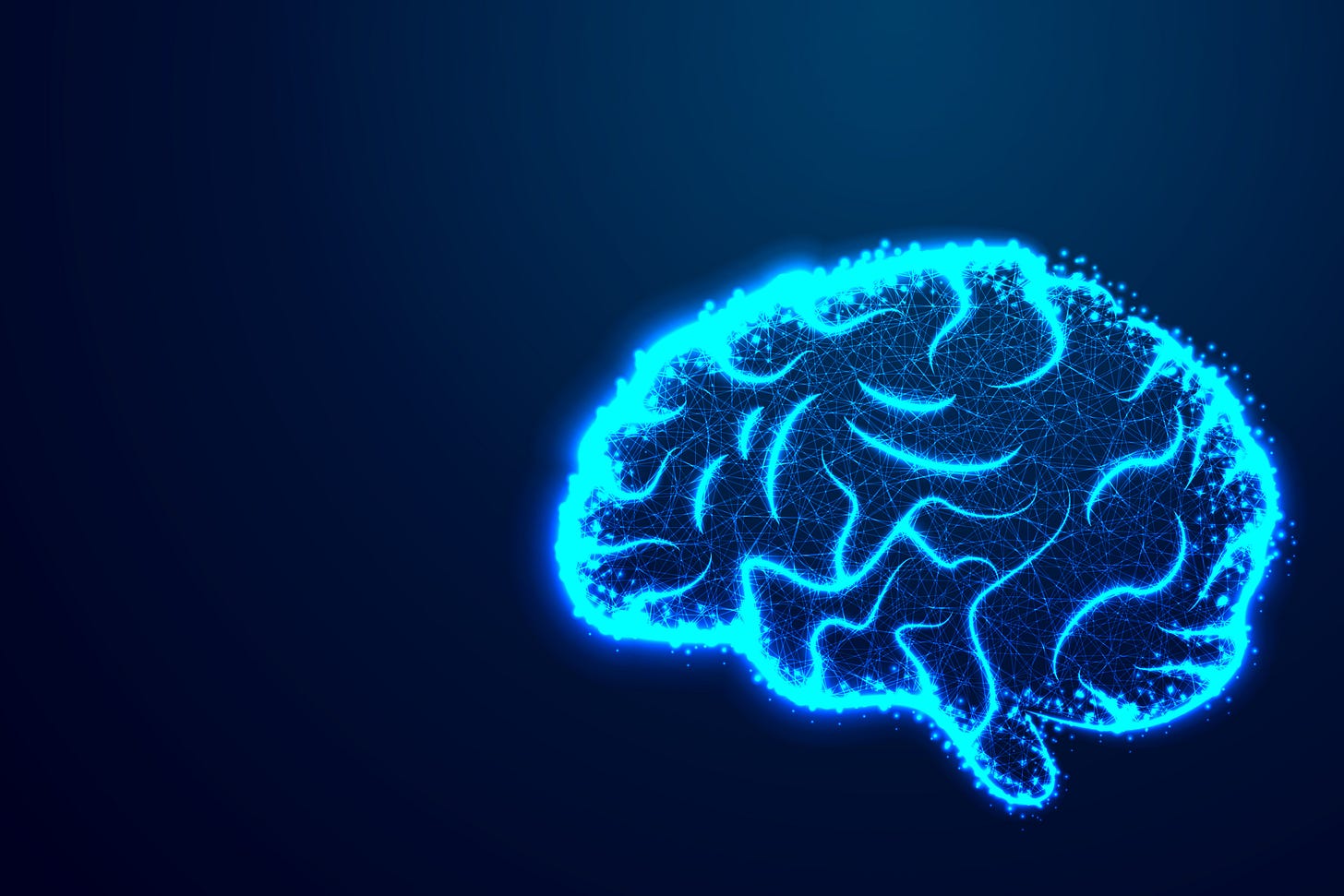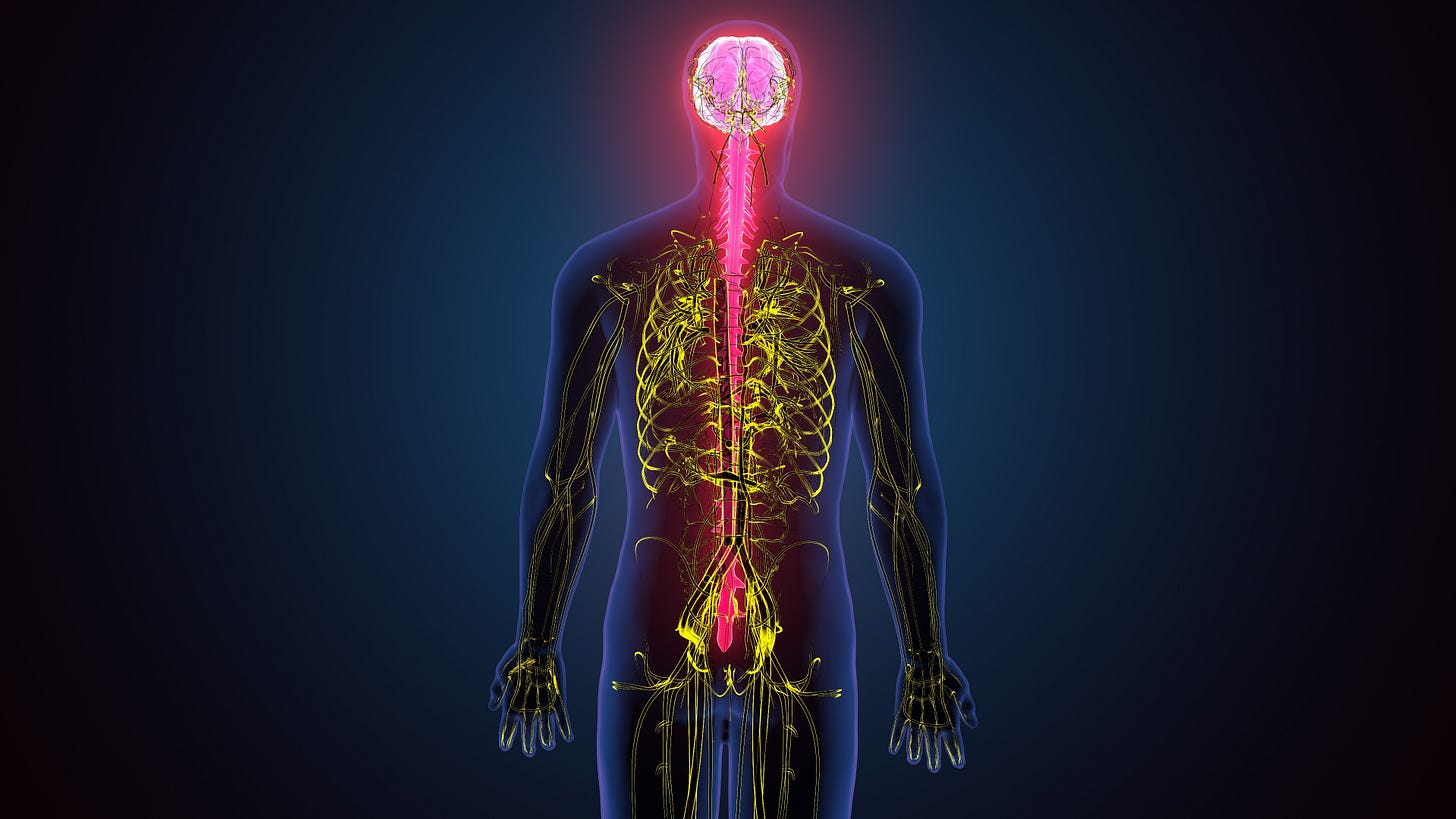The Effect of Qigong Meditation on Neurotransmitters
It is widely acknowledged that Qigong has a notable impact on the electrical activity of the central nervous system. However, several key questions remain unanswered in this emerging field of research. These questions include the identification of the neurotransmitters involved in the process and the elucidation of the mechanisms underlying the observed effects.
Research has suggested intriguing findings regarding the influence of Qigong practices. For instance, during a Qigong meditative state, there appears to be a harmonizing effect on the potential energy of the right hemisphere of the brain. Simultaneously, within the central nervous system, alterations in the levels of key neurotransmitters have been observed. Notably, the content of 5-hydroxytryptophan (5-HTP) increases, while dopamine decreases. Furthermore, the metabolism of norepinephrine decreases by approximately 60 percent.
Additionally, it has been reported that regular Qigong practitioners exhibit a two to threefold increase in the production and excretion rate of 5-HTP compared to individuals who do not engage in such practices. This enhanced function of 5-HTP is thought to be closely associated with the effects of Qigong. Some research suggests that 5-HTP in the cerebrum may inhibit the excretion of norepinephrine, further contributing to the observed effects of Qigong.
Through consistent Qigong practice, a significant reduction in the excretion of cortical hormones in blood plasma has been noted, which has the potential to enhance the human body's immune system. Additionally, as approximately 90 percent of 5-HTP resides in the gastrointestinal tract, with the remainder found in platelets and the central nervous system, intensive Qigong practice may lead to decreased food intake, or even complete food abandonment.
The improved function of 5-HTP also has positive implications for sleep quality. Practitioners often report easier and higher-quality sleep. Furthermore, the increased secretion of growth hormone during the sleep period can stimulate growth and expedite physical recovery. By stabilizing nerve activity, the enhanced function of 5-HTP provides the conditions necessary for the brain to relax and rest adequately, thereby enhancing sub-consciousness and unleashing the potential of the human body.
From a psychological perspective, some researchers suggest that an imbalance in 5-HTP is linked to affective disorders, underscoring the relevance of Qigong in addressing both physical and mental health concerns. Experimental data indicates that the metabolic products of 5-HTP in cerebrospinal fluid are elevated in individuals with manic and depressive disorders compared to those without, shedding light on a potential mechanism through which Qigong may exert therapeutic effects on such conditions.
Moreover, 5-HTP can inhibit the function of dopamine. Abnormal reductions in dopamine levels in the brain are known etiological factors in conditions like Parkinson's disease and excessive drowsiness. Appropriate Qigong practice has shown promise in reducing the risk of developing Parkinson's disease and excessive drowsiness.
Statistics have also revealed that introverted individuals tend to have lower dopamine levels in the brain than their extroverted counterparts. The dual-directional regulation or balancing of dopamine levels can have character-adjusting effects, promoting a sense of calm in irritable individuals and encouraging more sociable behaviors in those with unsociable tendencies. This suggests that both Taiji Quan and Qigong practice can serve as tools for character transformation.
Furthermore, the chemical structure of enkephalin bears similarity to acetomorphine, both of which can induce profound feelings of pleasure. Enkephalin is known to be 10 to 100 times more potent than acetomorphine in this regard. Scientific Qigong practice has been found to stimulate the secretion of enkephalin, fostering sensations of comfort and pleasure, and aiding in mental relaxation and pain relief. This secretion of enkephalin can also enhance brain function, improving analytical abilities, and decision-making skills, while promoting mental well-being through the enhancement of ribonucleic acid (RNA) bioactivity.
For more information on how practices like Qigong and meditation influence mental and physical health, please head over to www.jadedragon.org.
If you found this post informative, we kindly request you to like, comment, subscribe, and share it with your friends and family. Spreading the word will help us reach more people, offering them the potential for improved health, strength, and peace of mind.
References:
Lin, Yagu. Encyclopedia of Chinese Qigong. Nanjing: Nanjing University Press, 1993.
Wang Keming. Study on the health prevention and anti-aging function of Qigong. Journal of Bethune Medical University, 1981(1):125.
Xia Shuangquan, Yu Jin, and Song Xinhong. Prospect on the ET brain fluctuation Taiji figure of Qigong state. China Qigong, 2000(6):6–9. 20.






